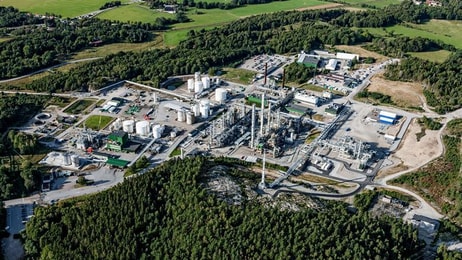OCI Global to double green methanol capacity in the US
OCI Global, a leading provider of nitrogen, methanol, and hydrogen, has announced ambitious plans to significantly expand its green methanol production capacity to approximately 400,000 metric tonnes per year.
This expansion marks OCI Global’s entry into the production of green hydrogen-based e-methanol, a significant step towards a more sustainable energy portfolio.
The primary focus of this expansion effort will be OCI Global’s facility located in Beaumont, Texas. With operations slated to begin in the first quarter of 2025, this site will become the company’s first upstream renewable natural gas (RNG) production facility.
As part of its goal, OCI will need to enter into supply agreements for RNG exceeding 15,00 mmbtu per day – as well as secure the waste and development rights from the City of Beaumont.
... to continue reading you must be subscribed
























